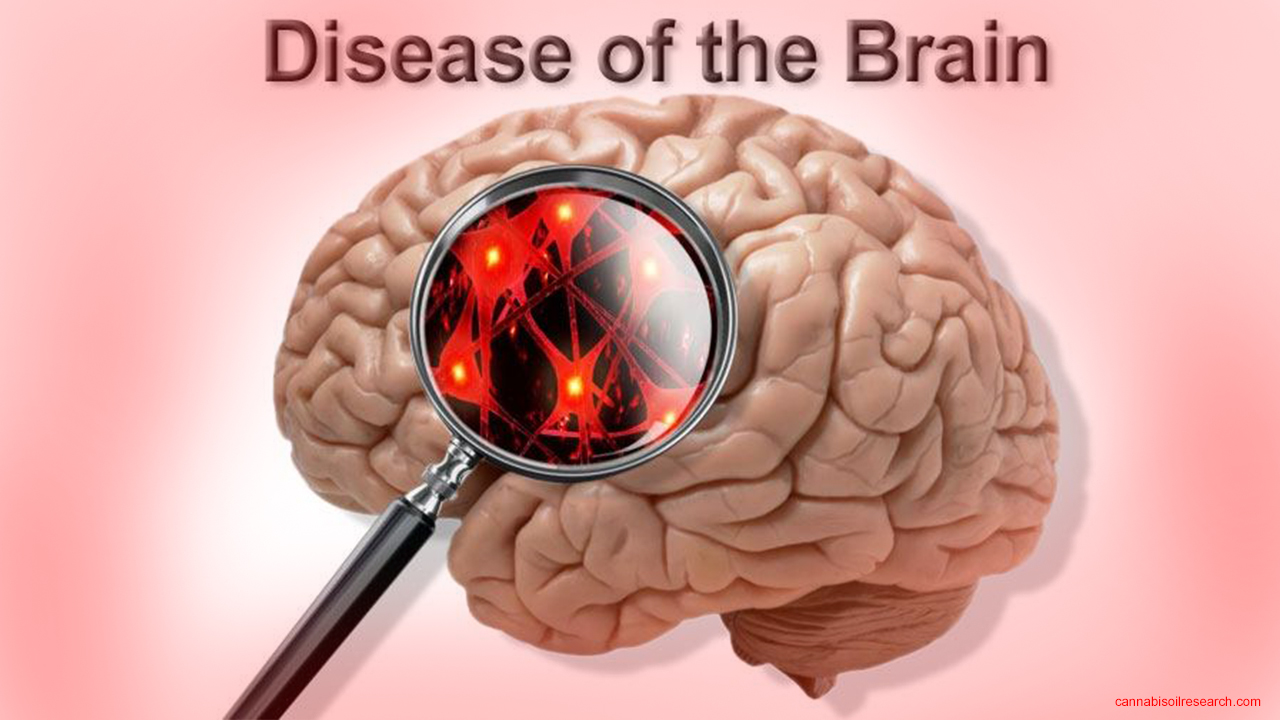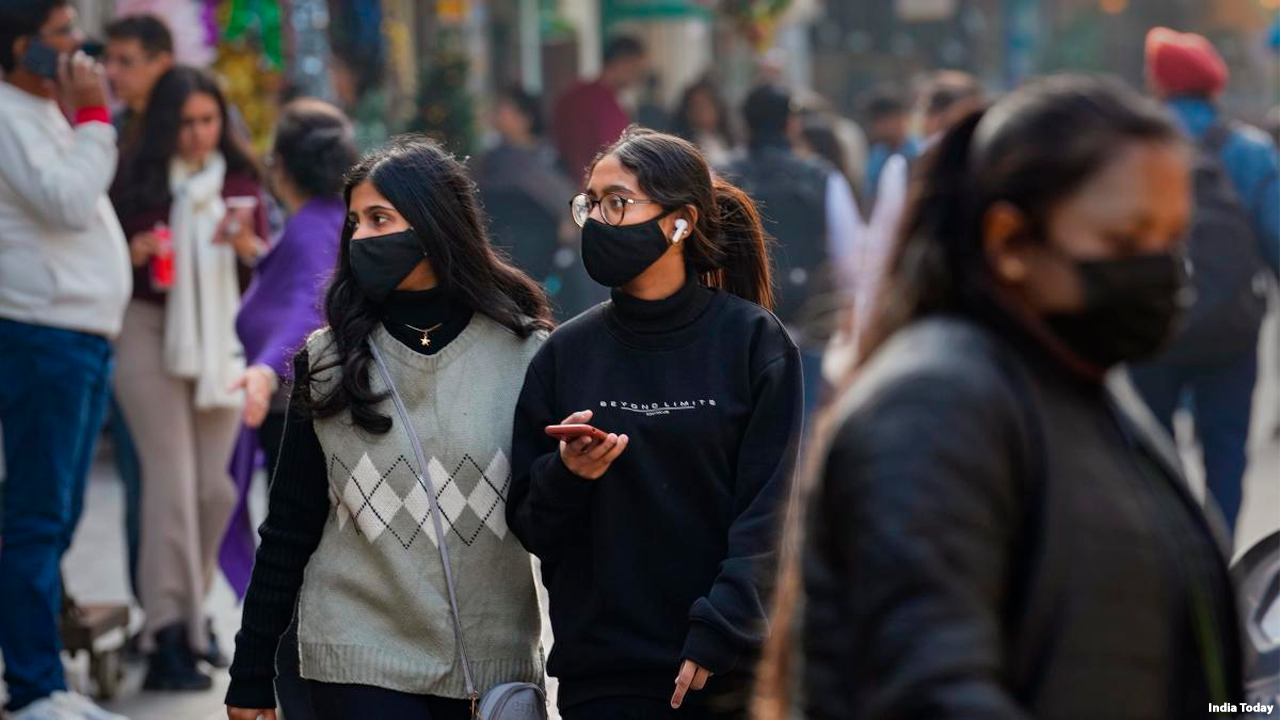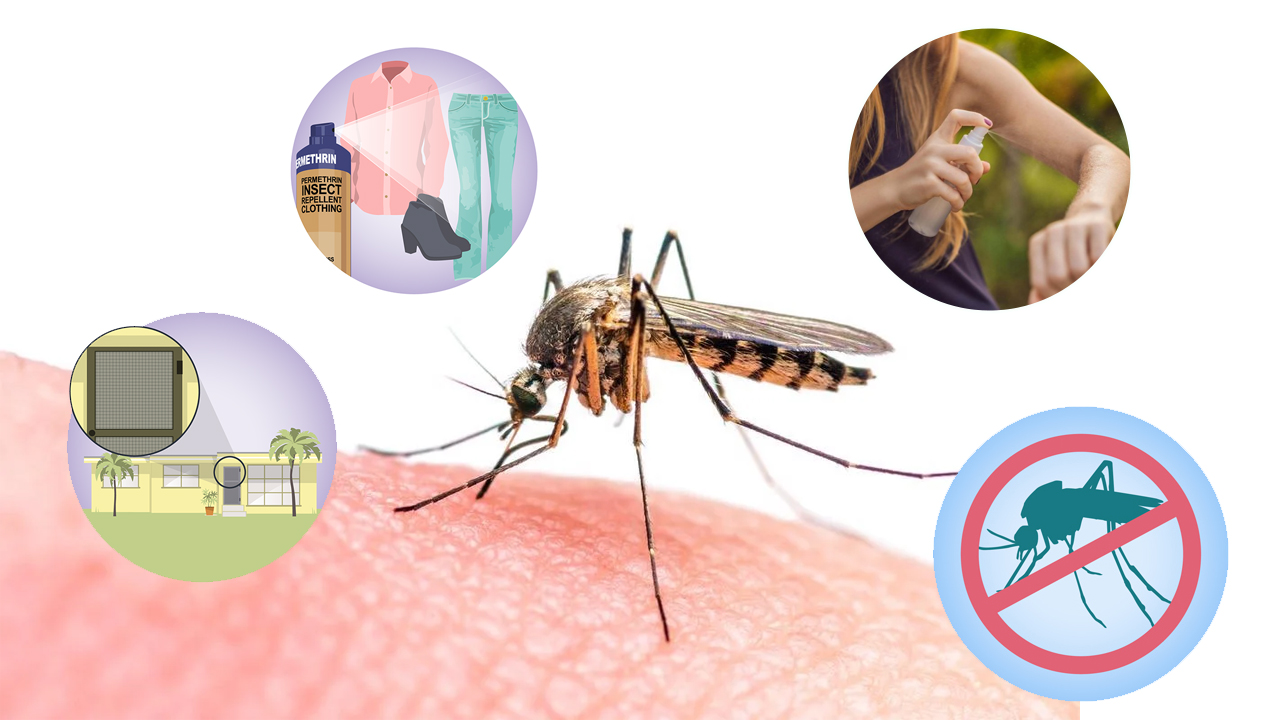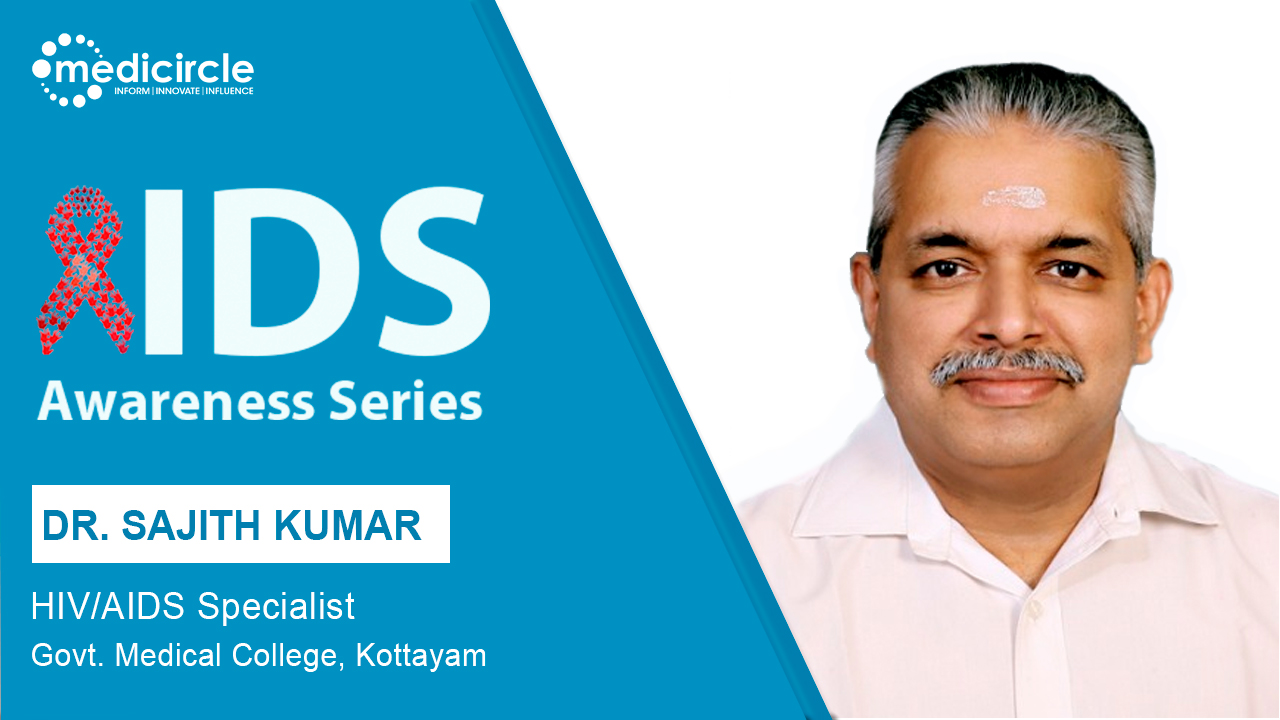There are differences within the way English and Italian speakers are suffering from dementia-related language problems, suggests a recent study.When English speakers had trouble uttering words, Italian speakers then came with shorter, simpler sentences. The researchers say the findings ensure accurate diagnoses for people from different cultures.
Diagnostic criteria are often supported, in English-speaking patients.In the University of California study of 20 English-speaking patients and 18 Italian-speaking patients, all had primary progressive aphasia - a neurodegenerative disease that affects areas of the brain linked to language. It is a feature of Alzheimer's disease and other dementia disorders. Different brain tests showed similar levels of cognitive function in people in equivalent language groups.
But when the researchers asked participants to finish a variety of linguistic tests, they picked up obvious differences between the 2 groups within the challenges they faced. English speakers attended to speak less while the Italian speakers had fewer pronunciation problems but simplified what they did say. English may be a Germanic while Italian may be a Romance, derived from Latin alongside French, Spanish and Portuguese.
The researchers, writing in Neurology, are concerned that a lot of non-native English speakers might not be getting the proper diagnosis "because their symptoms don't match what's described in clinical manuals supported studies of native English speakers".

 There are differences within the way English and Italian speakers are suffering from dementia-related language problems, a little study suggests.
There are differences within the way English and Italian speakers are suffering from dementia-related language problems, a little study suggests.



















.jpeg)



.jpg)




.jpg)





.jpeg)

.jpg)


